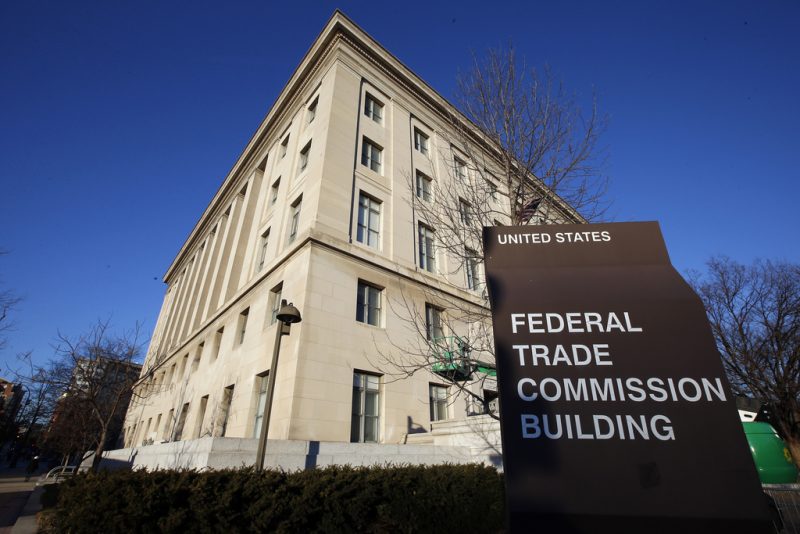Users Paid for False Weight Loss Claims: What You Need to Know

Overview of the FTC Settlement with Roca Labs
The Federal Trade Commission (FTC) has announced that thousands of individuals who purchased weight-loss supplements from Roca Labs will receive a portion of more than $400,000 in refunds. This decision stems from a 2018 court ruling in Tampa, Florida, which found that Roca Labs made false claims about the effectiveness of its products.
Roca Labs marketed its supplement as the "Gastric Bypass Alternative," claiming that it could force users to eat half their usual food intake and lead to significant weight loss. The company allegedly falsely stated that its product had a 90% success rate, which was not supported by scientific evidence. Additionally, the FTC alleged that Roca Labs threatened legal action against customers who reported issues to the Better Business Bureau or left online complaints.
Details of the Refund Process
As part of the settlement, the FTC is sending at least 7,481 payments totaling more than $409,000 to customers who purchased Roca Labs products. Nearly three dozen claim forms are also being mailed to individuals who bought the products before October 2015. To qualify for a refund, recipients must return one of the FTC forms by October 7, 2025. While the exact date for the payments has not been finalized, the FTC will post this information on its website once confirmed.
The amount of each payment depends on several factors, including the total number of claimants. If the money were divided evenly among all eligible recipients, each person would receive approximately $55. The FTC encourages those who receive checks to cash them within 90 days. For those receiving payments via PayPal, the deadline is 30 days.
Avoiding Weight Loss Scams
Many marketers of weight loss products use deceptive tactics to attract customers. These ads often promise quick results through various products such as wraps, creams, supplements, pills, powders, patches, and even earrings. Some scammers may even try to build trust by advertising on TV, social media, or other platforms, sometimes falsely claiming to have appeared on popular shows like “Shark Tank.”
To protect yourself from these scams, the Better Business Bureau (BBB) offers the following tips:
- Be cautious of advertisements or endorsements that promise rapid or “miracle” results.
- Verify any claimed appearances on television shows or celebrity endorsements.
- Ensure that there is a clear list of ingredients and cross-check them with the FDA.
- Research the company thoroughly and be wary of free trial offers or subscription traps.
For additional guidance on avoiding misleading and potentially harmful weight loss products, visit the BBB and FTC websites.
Customer Experiences and Lessons Learned
One customer shared their experience of losing over $700 on supposed weight loss gummies that appeared to be endorsed by celebrity Kelly Clarkson. They expressed disappointment, stating, “I trusted her; however, they used her AI likeness to scam people.” The customer mentioned that after attempting to cancel their account and transactions, they continued to be charged.
This case highlights the importance of being vigilant when purchasing health and wellness products. Always verify claims and ensure that the companies you interact with are legitimate and transparent.
Conclusion
The FTC’s settlement with Roca Labs serves as a reminder of the importance of consumer protection in the weight loss industry. By staying informed and cautious, consumers can avoid falling victim to deceptive marketing practices. If you received a refund check from the FTC, make sure to cash it promptly and report any suspicious activity to the appropriate authorities. Always prioritize your health and safety by researching products and companies thoroughly before making any purchases.



Komentar
Posting Komentar